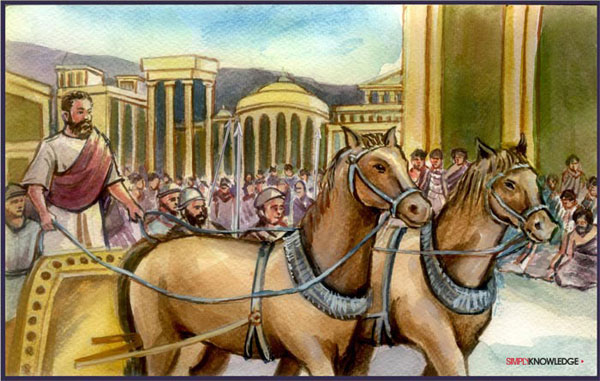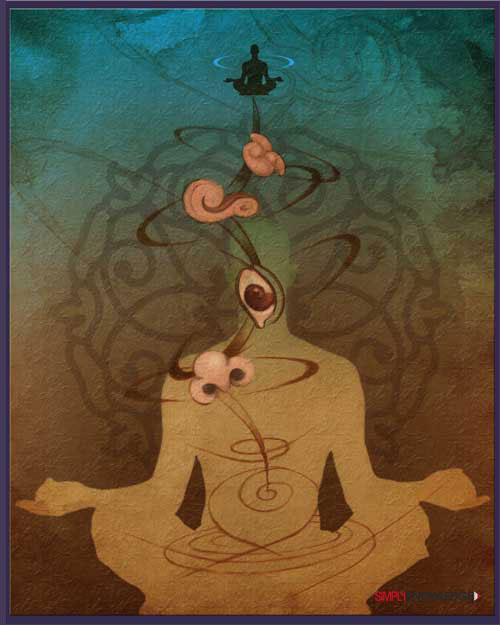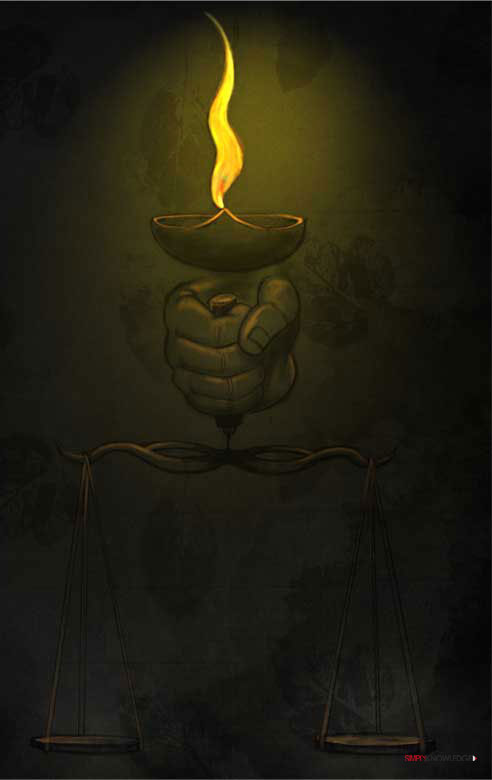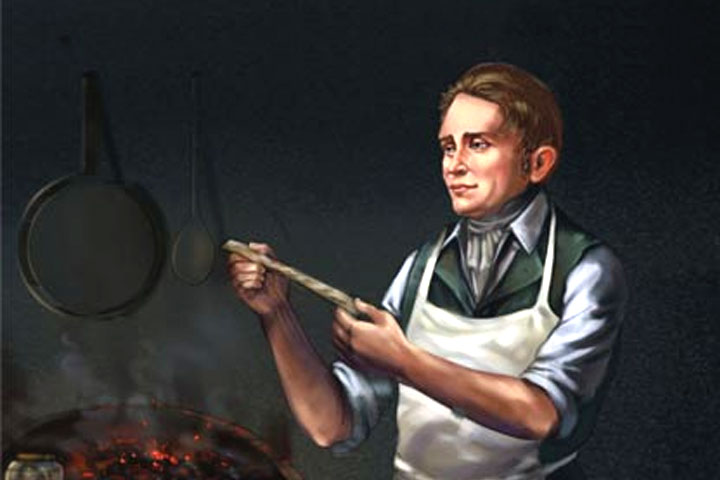
Introduction
“If you discipline yourself to make your mind self-sufficient you will be least vulnerable to injury from outside,” said Critias, an Athenian aristocrat who was associated with the great thinkers, Socrates and Plato. Critias’ words are a paradox to his personality: He was among the infamous pro-Spartan despots; the Thirty Tyrants who ruled Athens after the republic-state lost the prolonged Peloponnesian War. Critias was responsible for unleashing a reign of terror against naive Athenians and amassing wealth using nefarious methods. He was also partly responsible for the execution of Socrates.
Despite his alleged notoriety, Critias is acclaimed for some of his psychological theories, which remain debated to date. Further, Critias propounded his own thoughts, unrelated to the teachings of Socrates and Plato and hence, merits recognition in his right. Critias was also a poet and historian well known for his use of rhetoric as an orator. He remains one of the most controversial yet enigmatic thinkers of the Socratic era.

Birth
Critias was born in Athens in 460BC. His father was said to be Callaeschrus, one of the renowned architects who designed monuments in the Grecian capital but this record is unverifiable due to several discrepancies in ancient history. It is however widely accepted that Critias was born into an aristocratic or wealthy family of Athens.

Life
Little is known about the life of Critias except that he was related to Plato. Despite being born in Athens, which was a republic-state during that era, his leanings and sympathies lay with Sparta, which supported oligarchy or absolute monarchy. During the Peloponnesian War, he tacitly supported Sparta against its archenemy, Athens. His visage was one of an Athenian thinker, orator and aristocrat.
A famous account and the first public mention of Critias occurred in 415BC, when he stood accused for allegedly desecrating the Herms- or idols of Athenian gods depicting only the head and torso- before the armada of General Alcibiades set sail for a naval engagement with the Spartans. The act was aimed at demoralizing the highly superstitious Athenian society and soldiers since it boded evil. However, he was acquitted on the testimony of a friend, also suspected as one of the saboteurs.
Critias is sporadically referred as a member of the oligarchic rulers, the Four Hundred, who overthrew a weakened Athenian republic in 411BC and ruled briefly. The Four Hundred were aristocrats and wealthy citizens of Athens who believed a sustained war against Sparta was detrimental to Athens and wanted to wrest power from the people. However, Critias was a turncoat and broke away from the group when their rout seemed imminent in 404BC by supporters of the Thirty Tyrants, of which he was a member and later, their leader.
Upon assuming power as the head of the Thirty Tyrants in 404BC Critias allegedly told the demoralized Athenians: “In Sparta there are people who are most enslaved and the most free,” to coerce the defeated populate into complete submission while subtly threatening that dissent will be crushed resolutely.
Critias indeed unleashed a reign of terror in Athens by forming The Eleven, a gang of soldiers who would coerce citizens and aristocrats from parting with their wealth under duress. He amassed a fortune by relentless cruelty. Several Athenians were exiled, imprisoned or executed gorily during his reign.

Death
In 403BC, exiled Athenians regrouped under General Thrasybulus laid siege to various strategic positions held by the Spartans and the troops of the Thirty Tyrants. Critias was leading the phalanx at Piraeus, which was besieged heavily by the Athenians. He opted for a infantry formation called as the ‘Fifty Shields’ hoping to counter the motley Athenian army while attempting to flee from the battlefield himself.
General Thrasybulus and his troops launched a fierce charge on Critias’ phalanx, ensuing in a bloody battle that left Critias fatally wounded His death dealt a body blow to the remainder of the Thirty Tyrants who attempted to flee Athens. Most were caught and summarily executed by the victorious Athenians. Owing to his pro-Spartan leanings, Critias is considered a pariah among Athenian thinkers to date. The words were an antithesis for Critias who had told his soldiers before the Athenian charge: “Fortune always fights on the side of the prudent.”
A monument was erected to commemorate Critias and the Thirty Tyrants carrying torches and incinerating the Athenian Constitution that enshrined democracy. The legend on this monument read: “This is a memorial of those noble men who restrained the hubris of the accursed Athenian Demos a short time.”

Impact on other thinkers
Socrates, known for his eccentricity, turned a blind eye to the atrocities against Athenians unleashed by the Thirty Tyrants. Indeed, some Socratic views were pro-Spartan which eventually led the great thinker to face trial and subsequent execution. Critias was an ardent disciple of Socrates and would visit the thinker often to exchange views on life. Both viewed this friendship as vexing but necessary: Socrates would accept any pupil, Critias wanted to gain popularity. And Socrates was popular in Athens known for his complacent demeanour while deriding his native Athens and praising its archrival, Sparta at a time when the two states were locked in a fierce war.
Socrates’ successor Plato blames his relative Critias for the utter disdain he developed towards politics and aristocracy due to the horrendous acts committed by the Thirty Tyrants. Plato expresses his utmost disgust over the rule of the Thirty Tyrants and in some verses, indirectly apologies for its heinous atrocities, possibly due to guilt that his relatives were involved.
Later thinker and Plato’s student Aristotle estimates that at least 1,500 Athenians were executed by Critias and the Thirty Tyrants during their brief reign. These also included prominent Athenians and scholars who believed in democracy and opposed the grotesque defiling of all accepted Athenian traditions.

Legacy and teachings
Ancient Greek chronicler Timaeus describes Critias saying: “An amateur among thinkers, and a thinker among amateurs.” Timaeus implies that all thinkers and aristocrats of the era were not professionals. Instead, they took these professions for glamour.
Due to his execrable repute, most of Critias’ works were destroyed by Athenians or lost over the ages, barring a few fragments that are extant. This leads modern day historians to believe, Critias, despite his diabolic comportment, may have contributed some vital lessons to the schools of thinking. Some historians also credit Critias as having studied Cynicism and Stoicism, especially the latter, since it envisaged a life of luxury.

On sense and understanding
One of the major contributions of Critias towards early psychology was he drew the first known distinction between perception through senses and understanding through the mind. He expounded that all human perception occurs due to experiences that arise from sensations of animate and inanimate objects and phenomenon. These experiences lead to an understanding of an object or phenomenon and the memory is stored for future dealings. This is evident in his quote: ““If you discipline yourself to make your mind self-sufficient you will be least vulnerable to injury from outside,” He implies that virtue or excellence and other great human qualities can be taught and imbibed- a though that was widely propagated by the Sophists. However, he erred where modern psychology is concerned by espousing that blood is the soul of a human and arterial blood near the heart is where perception occurs.
Another example of his Sophist leanings can be found from his saying: “A noble character is more credible than law, for no orator can overcome it.” Through these words, he meant that character can be shaped rather than inherited, which is generally accepted in modern day psychology.

Against Tyranny
Perhaps penned perfunctorily, Critias surprisingly assails tyranny, albeit in a different form than his own. He wrote that laws and gods were created by humans to instil a sense of fear among people. People who were scared of divine punishment and obeyed laws would axiomatically generate a peaceful society. Thus, laws and gods were the first tyrants who should be debased, he propounded. A common, modern day quote is oft attributed to Critias is: “Religion was created when the first conman met the first fool.”

Are humans inherently bad?
Critias believed that humans easily acquire undesirable traits unless trained properly: a fact accepted to date. In one of his writings, he said: “More men are good from practice, than from nature.” Historians remain divided over what Critias tried to convey through these words- whether he expounds that humans can slip into vices or if they can imbibe good qualities, if aptly trained. Critias was parochial in accepting Athenian mores. Instead, he lauded everything Spartan. Hence, it can be construed he tacitly implied that Athenians should be taught Spartan ways to make them “good” citizens.

Lessons from Critias’ life
Chroniclers claim that Critias’ life is a lesson in psychology itself. Known to be well educated and from an aristocratic family, Critias remains one of the classic examples of abuse of power for self enrichment in ancient Greece. On one hand, Critias could compose poetry or speak effectively to the public using his art of oratory and rhetoric, he never flinched while using his talents to mislead the vanquished Athenians and drag them under the yolk of oligarchy. Avarice had befuddled Critias’ judgement to an extent; he did not spare his aristocratic peers while sentencing them to exile or death and seize their assets. His lifestyle shows that common human emotions including greed, lust and the urge for self- aggrandizement can lead even the most learned person from a noble family to become a dastardly megalomaniac.
Next Biography















